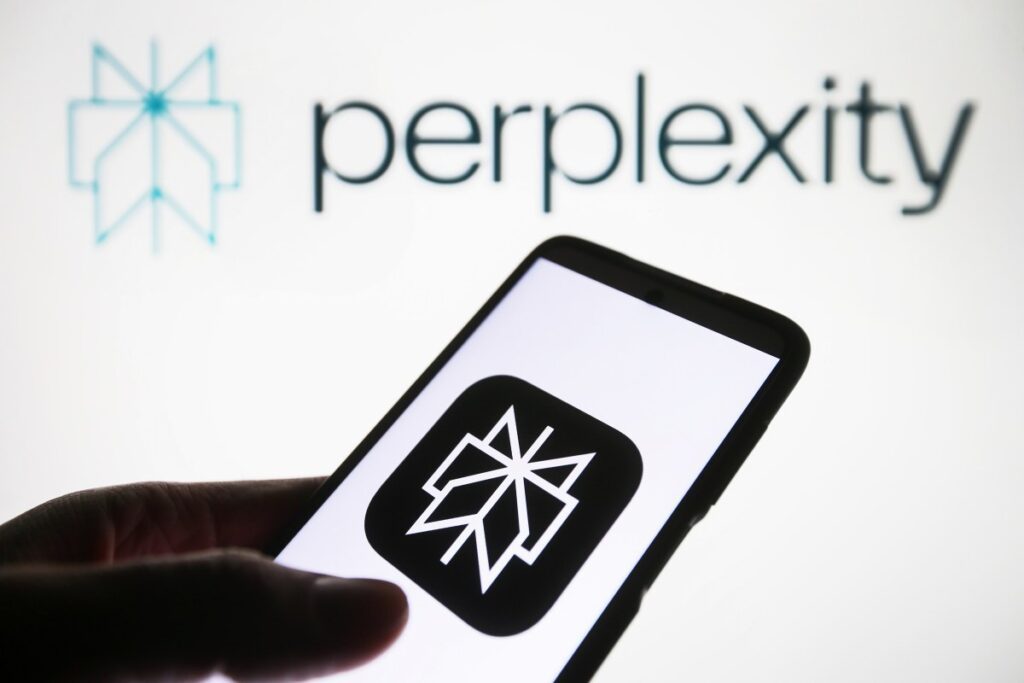The New York Times vs. Perplexity: A Battle Over Content Use in AI
The headlines are buzzing with the recent showdown between The New York Times and the AI startup Perplexity, backed by none other than Jeff Bezos. The Times has issued a cease and desist letter, demanding that Perplexity halt its access to and use of the paper’s content in AI-generated summaries and outputs. The Wall Street Journal has reviewed this legal document, which contains some serious allegations.
Claims of Unjust Enrichment
In the cease and desist letter, the Times highlights that Perplexity has been “unjustly enriched” by utilizing its unique and meticulously crafted journalism without obtaining the proper licensing. According to the letter, this practice not only damages the integrity of the original content but also stands in violation of copyright laws. This isn’t an isolated incident; The New York Times has had a tumultuous history with AI companies over content usage. They are currently embroiled in a lawsuit against OpenAI for allegedly using their content without consent to train its ChatGPT system.
A Cloud of Controversy
Perplexity isn’t just facing the ire of The New York Times. Other publishers have raised concerns about the company’s ethical practices concerning web scraping. A recent analysis from Copyleaks, a platform designed to detect plagiarism and AI-generated content, discovered that Perplexity had successfully summarized paywalled articles from various publishers.
A Step Towards Collaboration
Despite these conflicts, Perplexity is attempting to pave a way toward reconciliation. The company recently introduced an ad-revenue sharing scheme aimed at providing financial returns to publishers. In an interview with the Wall Street Journal, Perplexity’s CEO, Aravind Srinivas, made it clear that the startup is open to collaboration. "We have no interest in being anyone’s antagonist here," he stated, hoping to mend ties with the Times and other publishers.
The Bigger Picture in AI Content Usage
This ongoing conflict raises significant questions about the broader implications of AI in journalism and creative content. With the rapid evolution of AI technologies, the concerns surrounding copyright and ethical usage are becoming increasingly pronounced. Many individuals and organizations are left wondering: where do we draw the line between leveraging innovative technology and maintaining respect for original content creators?
These developments keep us on our toes as we navigate a landscape where innovation and intellectual property must coexist. We might just be at the tip of the iceberg when it comes to addressing these complex issues surrounding AI and content usage.
As the debate continues to unfold, one thing’s for certain: the relationship between traditional media and AI is a hot topic, affecting not just the companies involved but also the way we consume information in the digital age.
The AI Buzz Hub team is excited to see where these breakthroughs take us. Want to stay in the loop on all things AI? Subscribe to our newsletter or share this article with your fellow enthusiasts.




